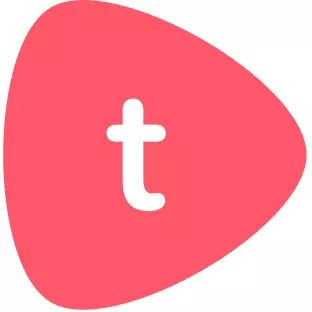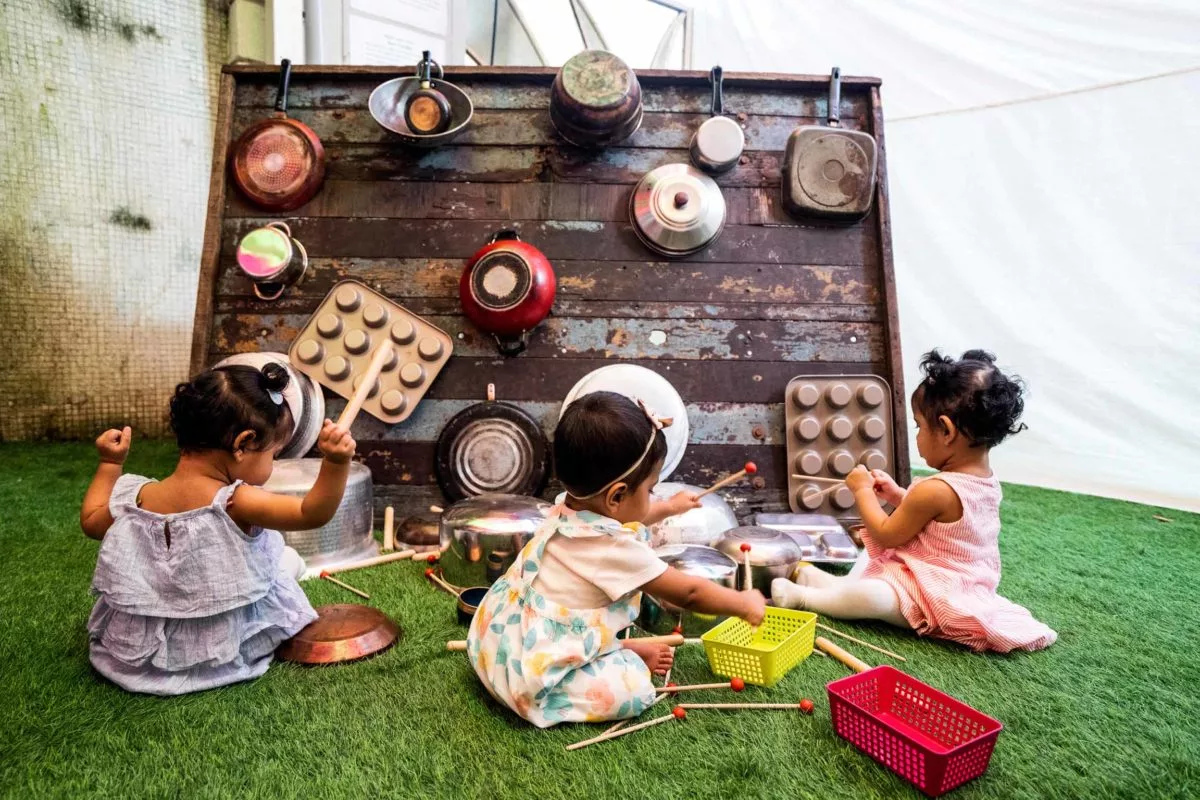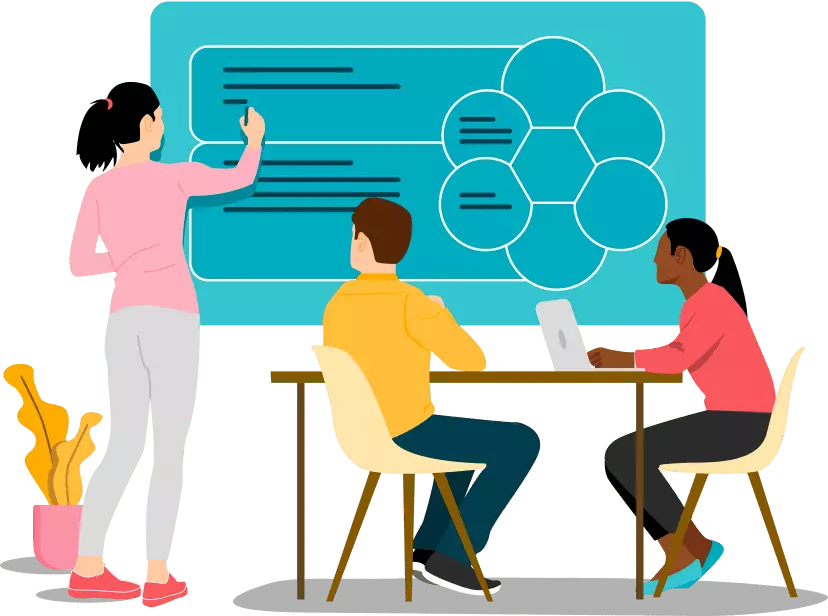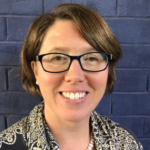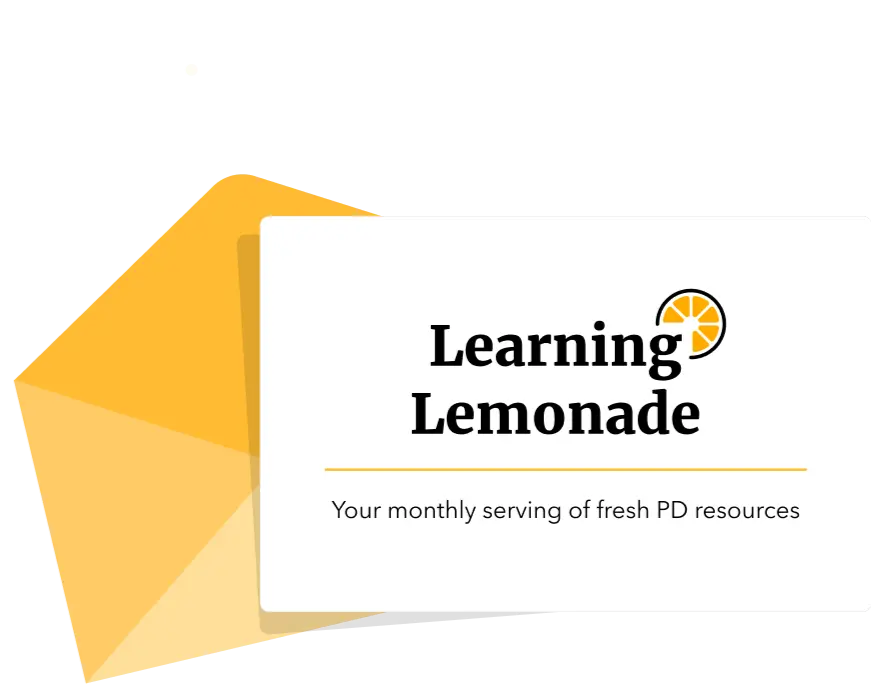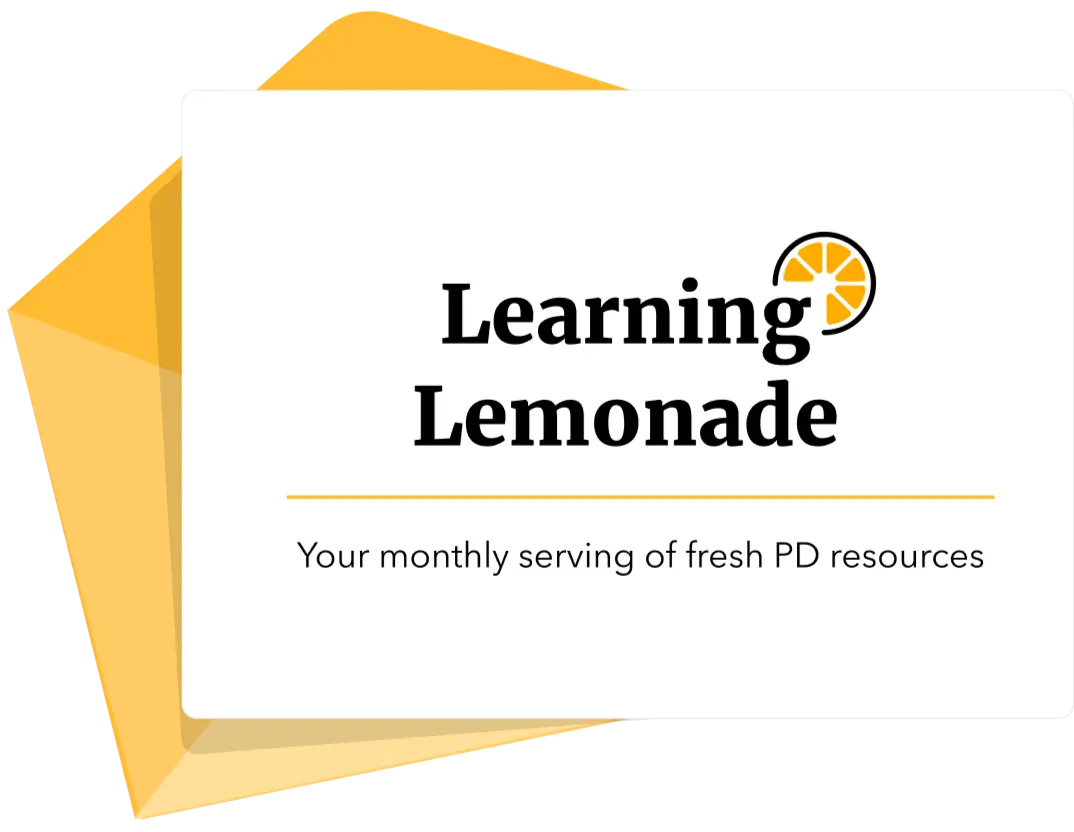Virtual PYPx: Conducting the IB PYP Exhibition Online
Prioritizing What Matters
The shift to online learning as the result of COVID-19 and worldwide school closures has forced people to adjust their lives, routines and mindsets in order to make it through the current crisis. Much like Maslow’s theory suggests, each of us has had to ensure the physical and emotional safety of ourselves and our immediate family before being able to settle into a routine that feels healthy and productive. For those of us working in China, it’s been 12 weeks of this new ‘normal’ and many of us are still trying to manage it all.
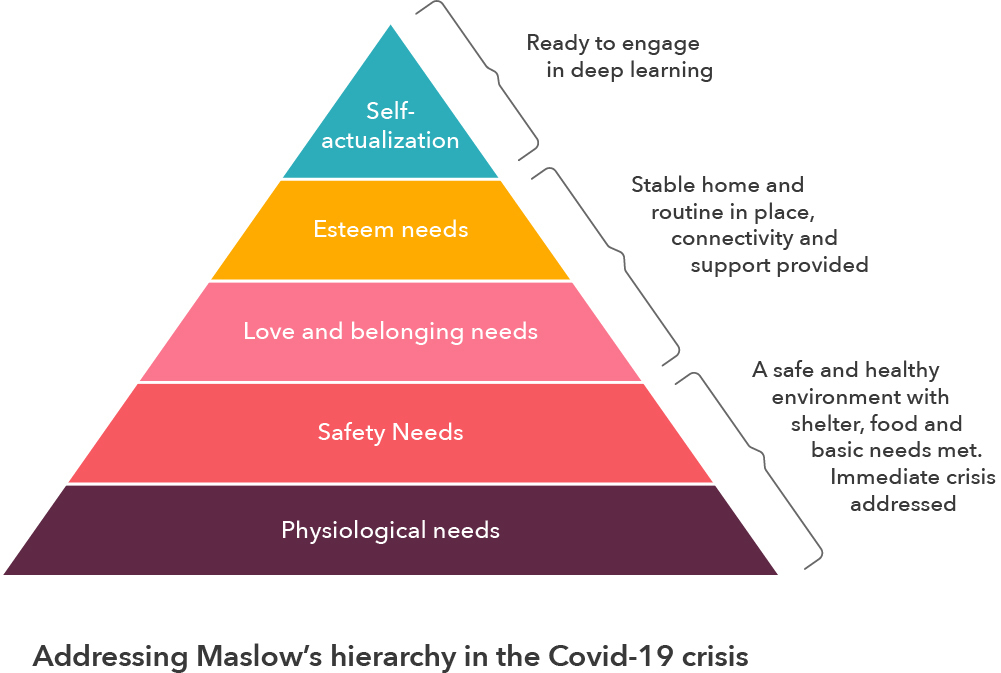
We say this, not to scare people who are just starting out on their online learning journey, but rather to highlight the importance of prioritizing what matters the most. As true as this sentiment is in our personal lives, the same is true in our work with students. We must be able to look objectively at the weeks ahead and determine what ideas and tasks are most essential for our students through the exhibition process in order to allocate our time, resources and energy accordingly.
It’s important to note that each school has its own students and context to consider when deciding how to proceed with the exhibition process, and no two will be the same. Some schools have been working on the exhibition all year while others are just beginning. Some schools are new to the PYP; others have an established culture of student-led inquiry. All are doing what they’re capable of in their current circumstances and there are no judgements. This sentiment was echoed by the IB in a recent statement. In reference to the current situation and its impact on the exhibition, the IB released the following:
- “The exhibition should focus on the process as opposed to the final product and a physical exhibit is not necessary.”
- “We understand that many schools are using this opportunity to explore supporting students with their exhibition digitally… there is no requirement for schools and students to complete the exhibition process if they are under adverse circumstances.”
For many of us, this statement reaffirms what we know as IB educators and the importance of focusing on the process over product, something we’ll talk in more depth about later. But another thing it did was grant us permission to give ourselves and our students some much-needed grace in these uncertain times.
When evaluating what matters most through the exhibition, one strategy people might try is called the Moscow Model, a prioritization technique that allows teams to determine where to allocate time and resources in order to ensure success. The model asks members to consider their Must-do, Should-Do, Could-do and Won’t-Do tasks. The example below offers some suggestions for thinking about these:

Engaging with a prioritization protocol like the MoSCoW Model, teams can have more focused conversations and come to unified decisions that pave the way for a smoother road ahead. This can also be done with the students if teams are comfortable empowering students to participate in the decision-making process.
Process Over Product
For many, the share out event at the end of the exhibition has been what is most memorable. With its big display boards, student performances, rehearsed presentations and large community celebration, the event itself often shapes the entire process and gives students, teachers and the rest of the community a sense that this is the most important part of the exhibition when it’s really not.
Given the global disruption of campus closures and the uncertainty of a resumption date for most schools, this year’s end event will inevitably look different. This is unsettling and has challenged PYP educators and their coordinators to restructure how they’re approaching this process. By revisiting our ‘Must-Do’s’ and those things we’ve agreed are essential to successful exhibition experience, we start to develop realistic expectations for ourselves and our students.
For our team at American International School of Guangzhou (AISG), the expectations are that teachers will support students in modelling Learner Profile attributes and demonstrating Approaches to Learning throughout PYPx. With this in mind, we are planning through the steps of the learning process that can be assessed, reflected upon and used as opportunities to set goals and provide feedback. And with the pressures of a product and event at the end removed, it has created an opportunity for more personalized learning along the way, which will hopefully be connected to sustainable action and agency.
To work through these steps, we’ve used a variation of the 5P’s explained briefly below. Please note that this process is not a linear one, but a cyclical one where steps are continually being revisited.

Prioritize – After acknowledging all stakeholders’ hierarchical needs, we used the MoSCoW Model to decide upon Learner Profile attributes and Approaches to Learning as our essentials.
Prepare– As a team, we developed expectations for this year’s exhibition. This included co-creating exhibition contacts, self-assessment criteria and goal setting templates to reflect our essential components.
Plan– We worked backwards on a timeline with weekly intentional focuses and check-in points to keep learners, mentors and teachers on the same path.


Participate – This is where the magic happens. Through this continual practice, perseverance and self-assessment, we are all taking meaningful action. This has been helpful to think of through the lens of SOLO Taxonomy.

Process – Reflection throughout is essential but is especially important at the end of the exhibition journey. This reflection is action and can be a key component of the sharing out that students do if they are given the agency to decide what form this takes.
PLN and Community Support
If the darkness of the current crisis has brought anything to light for us, it’s the importance of connection and collaboration. Now more than ever, we are finding that the support from our colleagues, school communities and our Professional Learning Networks (PLNs) is what’s helping us get through this. While everyone has expertise to share, none of us are experts in navigating these uncharted waters. For many people we’ve talked to in live chats or on social media, getting started and wrapping our heads around the enormity of it all can sometimes be the hardest part.
When we create or join a network and have others to talk to, especially in times of challenge, our growth and confidence soar. Like our students, if we don’t feel connected, we won’t engage. One example of how we’ve engaged with our PLNs and sought community support since this all began was to start an online channel for PYP coordinators and educators to come together to discuss the newness of supporting learners through exhibition virtually. The ideas, resources, and expertise that have surfaced as a result of leaning into these PLNs and the wider community have been significant in moving us forward in our journey. It has also led to our partnership with Toddle and the opportunity to share with a wider community of educators in this webinar.
If you have found this helpful and would like to learn more about joining us in our weekly conversations about the exhibition process, have or need PYPx resources, or would like to connect with us to expand your own PLN, we’d love to hear from you. View the virtual PYPx padlet.
Watch Lydia and Reyna share their ideas and strategies here.


